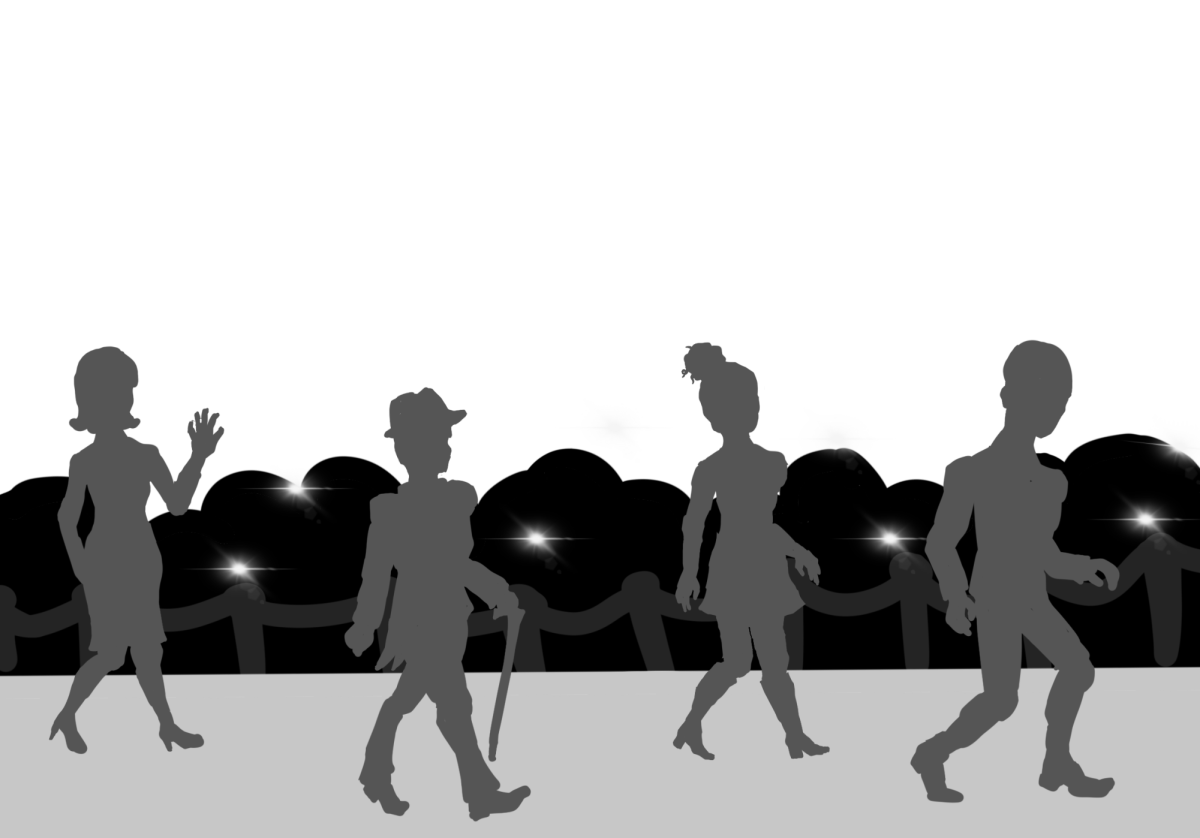When I first listened to Fariston’s eponymous album Fariston, my reaction was mixed. I’d caught the band live once before, and came away a little uncertain. There were bits of intrigue and charm, but underneath the so-so microphones and my struggle to pick out the lyrics, my impression was largely tentative and only somewhat positive
More than that, I worried I’d have to write this: Fariston is good—for a high school band. But the reality of Fariston’s first album is this—it’s good. No fors, ifs, ands, or buts.
Fariston starts strong. Its opening track, “Ember,” is pleasantly evocative and primarily instrumental. The first half-minute is consumed by a great, slurring mass of guitar. As a harsher line of feedback creeps in, a touch of Brian Eno seeps in over the whole tableau. And then the vocals kick in.
Guitarist and vocalist Sawyer Friedman-Olshan ’26 doesn’t sound like a choir boy or a polished Bieber-esque tweeny bopper, but his voice is clear, on-pitch, and charmingly rough around the edges. It’s a voice that works well with the genre, which would best be described as one part indie and one part angst.
The following two tracks, “Ashtray” and “Aptitude”, are particularly strong. “Ashtray” is a bit more upbeat, though still plaintive: “I saw you last evening; your eyes are looking heavy. I guess the weight of yesterday hasn’t quite set in for you.” What elevates the song is the diversity of instruments—when in its second half, a rich tenor saxophone joins the chorus, the piece is undoubtedly better. “Aptitude” is a personal favorite of mine, though “Ashtray” does eclipse it in terms of Spotify streams. The most apparent feature of “Aptitude” is its variety in rhythm, being the first song of the album to break out of 4/4. “Aptitude” is somewhere in that ambiguous valley between 3/4 and 6/8, with a melody framed between three concussive hits and three more restrained aftertones. It’s also probably the strongest piece vocally—Friedman-Olshan’s vocals are charismatically ragged as the chorus rises to its peak: “I want to be lost in the orbit of affection.”
Between these three songs—”Ember,” “Ashtray,” and “Aptitude”—Fariston’s debut has a deeply interesting opening ten minutes. The latter half of the album is similarly strong, with standout tracks including “Madame” and its ten minute closer, “Lysosome.”
Mixing. There are definitely moments where Fariston’s instruments, and more frequently the drums, can feel overpowering relative to the vocals. I want to be very clear in making this criticism—it’s a high school band. I get it. Expecting professional-grade mixing is pretty unrealistic. But it can appear a bit unpolished at times, if only because most of the album’s other aspects are refined and unusually mature for the band’s age.
Ultimately, the band’s greatest strength doesn’t come from any individual song. It’s easy to focus on the limitations that a teenage-run band inherently contains—but the more interesting matter is the strengths intrinsic to it. Fariston wouldn’t be as lyrically passionate, or as emotionally heartfelt, or anywhere as gripping as it is if it weren’t rooted in something unique and human and adolescent.







